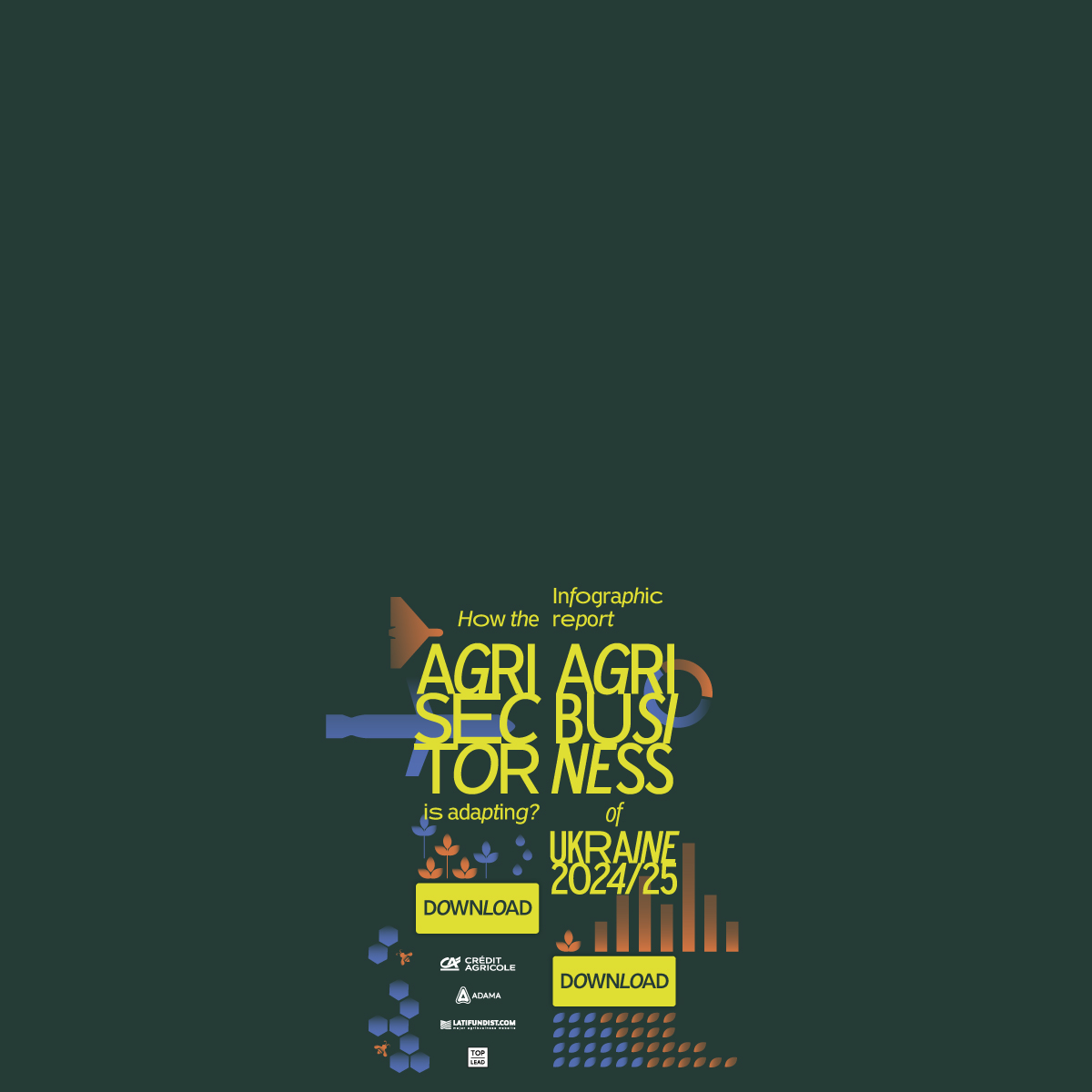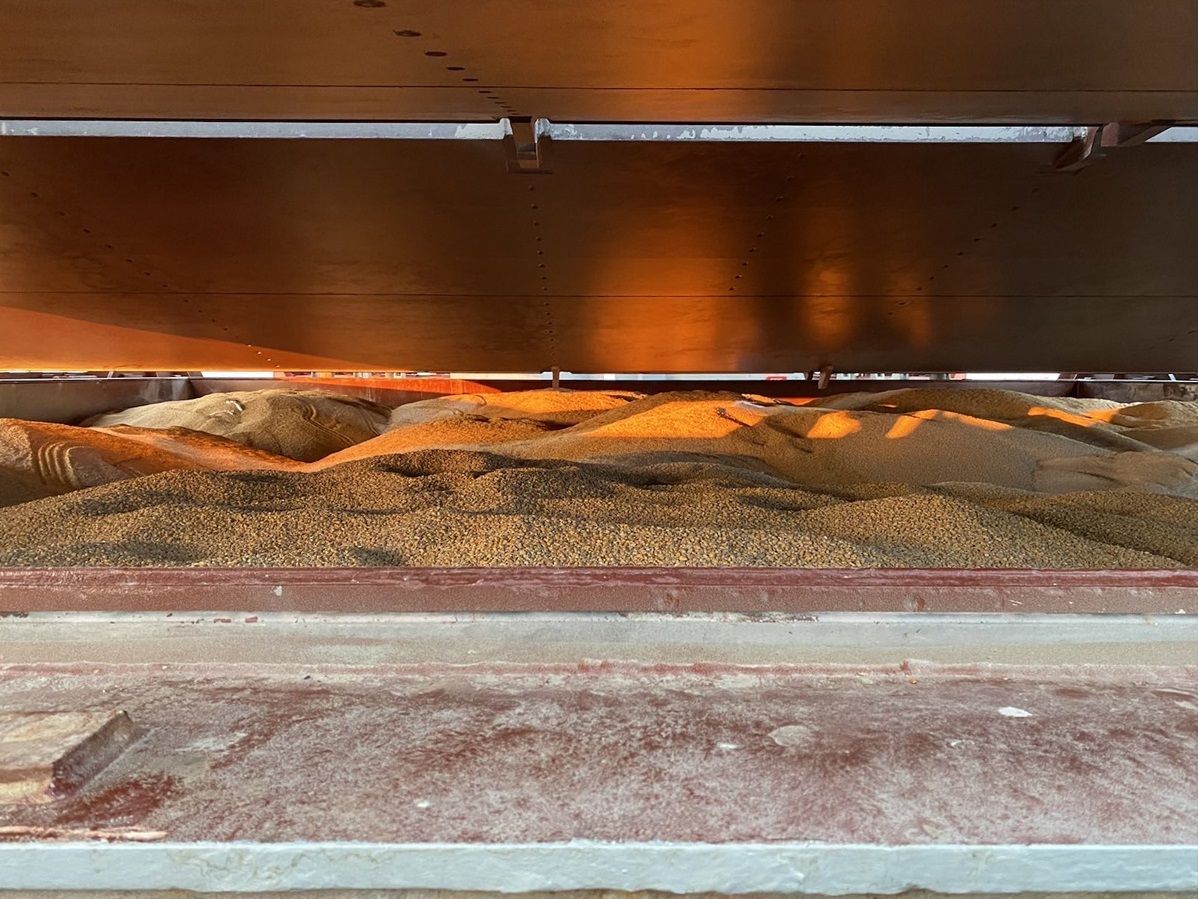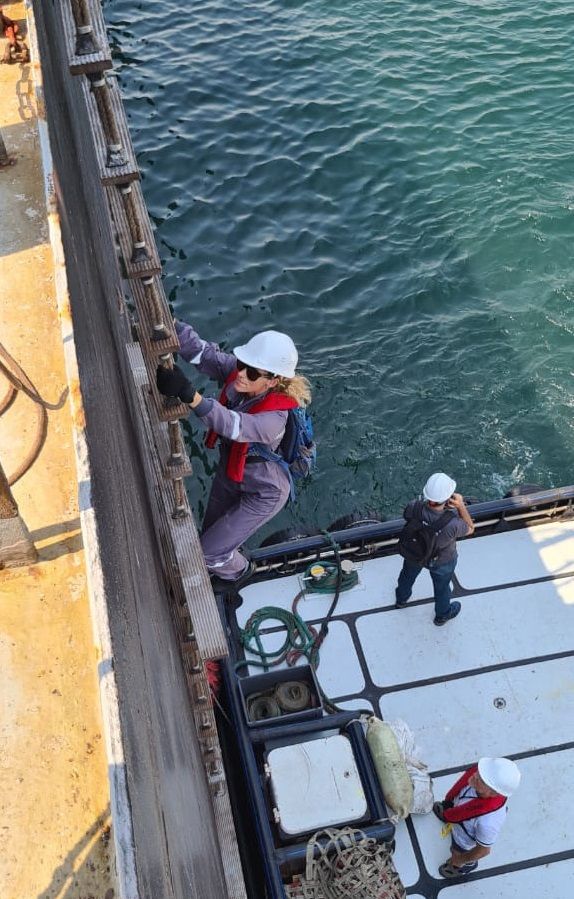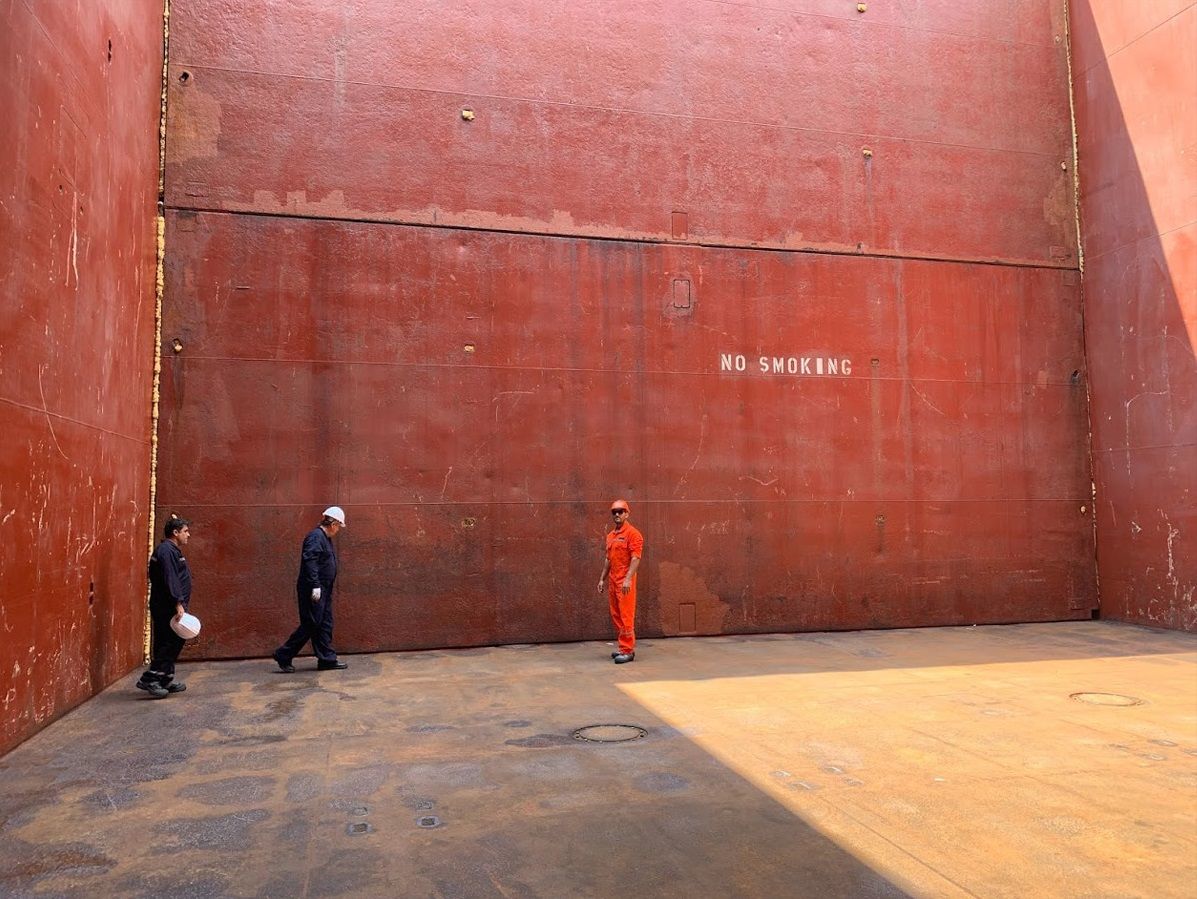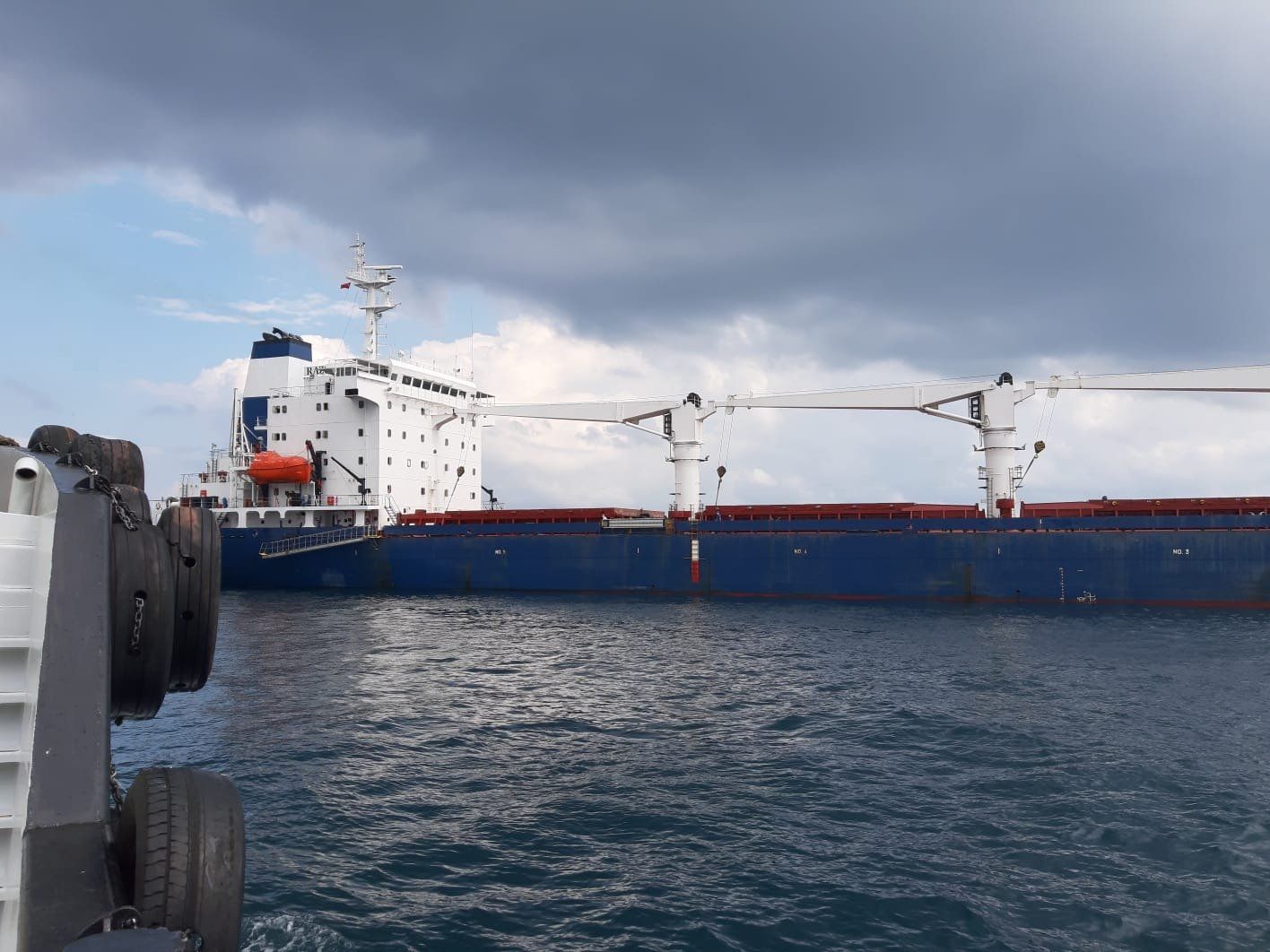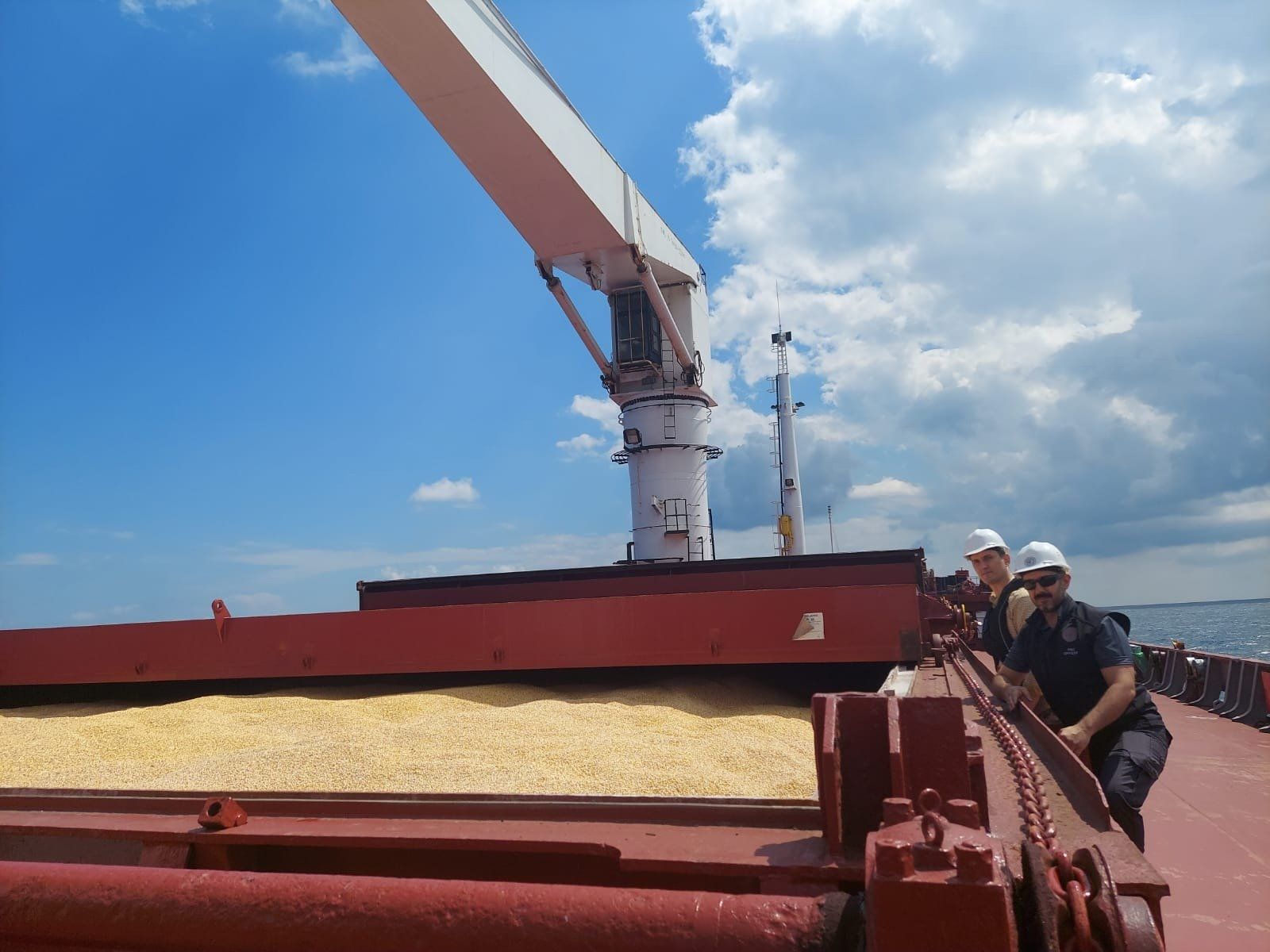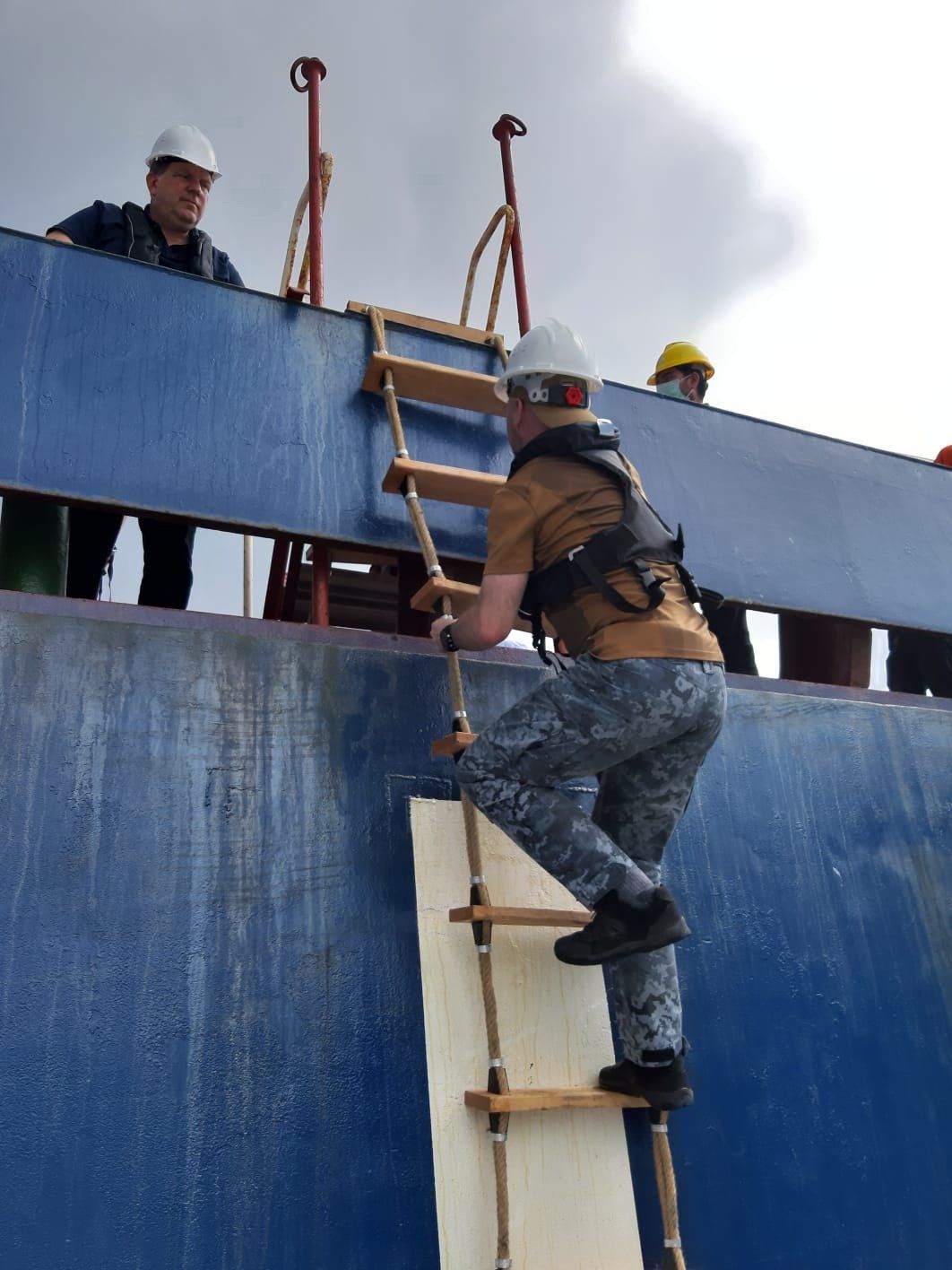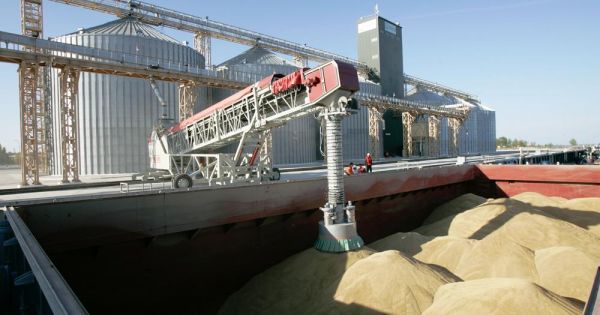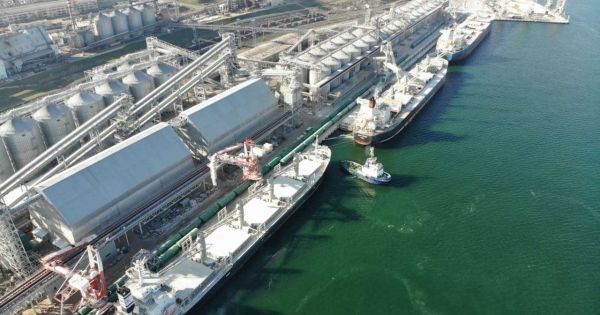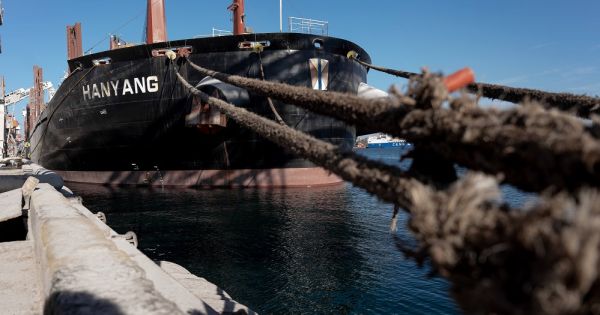Ismini Palla: UN Unaware of Plans for Vessel Inspection Cuts in Black Sea Grain Initiative
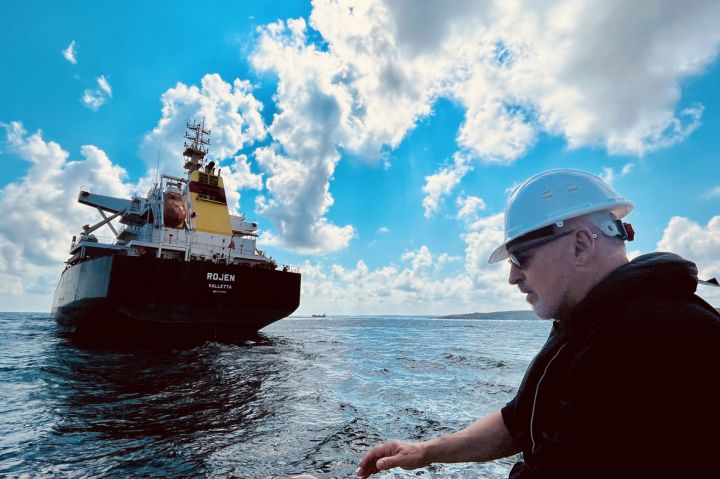
Photo by: https://www.un.org/en/black-sea-grain-initiative/photos
In recent days, things have been turbulent in the Sea of Marmara, as well as in the Ukrainian agricultural market. There is a queue of more than 40 vessels in the sea, which have to go through the 'grain corridor' to the ports of Big Odesa in Ukraine. Rumour has it that this is due to a slowdown and an overall reduction in the number of checks of vessels by inspection teams. This is primarily due to the russians, who wish to reduce the number of inspections of vessels to 12 per day. Instead, at least 25 are needed to avoid jams. By the way, we have received confirmation of such intentions from several sources.
The owners of the export terminals we interviewed explained that at the best of times there were no more than 15 inspections. A certain slowdown is associated with COVID and bad weather at sea.
So, we asked the UN spokesperson for the Black Sea Grain Initiative Ismini Palla how regularly and in what regime are ships inspected, how many inspection teams are there, and whether it is planned to increase or on the contrary — to reduce them as asked by the russian side.
Latifundist.com: What is the average number of ships inspected daily?
Ismini Palla: Inspections are conducted jointly by Russian, Turkish, Ukrainian and UN inspectors on board the vessels at the Sea of Marmara on a daily basis. Inspections look for any unauthorized cargo or crew. Since the start of operations on 1 August until 5 September, a total of 582 inspections have been conducted by the JCC teams, which represents an average of 7,5 inspections per day. Since the scaling up of operations from 1 September until today, the average has increased to 10,5 inspections/day.
Latifundist.com: Is it true that the number of vessels inspected per day has not exceeded 15 (for entry and exit) during the whole time of operation of the 'grain corridor'?
Ismini Palla: Within this period, we have recorded as high as 14 successful inspections in one day and as low as 5 in one day.
Latifundist.com: How many inspection teams are there?
Ismini Palla: The joint inspection teams were two in August, and since September they have grown to three, and they have been regularly four and periodically five. On October 6, the JCC sent four inspection teams out.
Latifundist.com: What is the reason for the decrease in the number of inspections that has been observed in recent days?
Ismini Palla: There has been no recent decrease of inspections, the data from last week (29 September to 5 October) show an average of 12 inspections/day (12, 14, 14, 11, 12, 10, 11).
Latifundist.com: In what mode do the inspection groups work (work schedule)?
Ismini Palla: The joint inspection teams start their preparatory work at 8 a.m. and finish around 4 p.m. They work all seven days a week. Completion of inspections depends on several factors, primarily on the readiness of the vessel and the master, including compliance with fumigation and ventilation procedures, availability of testing equipment and up-to-date and accurate documentation.
Latifundist.com: There is also information that the slowdown could be due to bad weather at sea and the health condition (incl. COVID19) of some members of the inspection groups. Is it true?
Ismini Palla: Weather conditions and the health status of the inspectors can also affect the pace of inspections but it has not been a significant deterrent until now.
Latifundist.com: How come there is a vessel traffic jam in the Sea of Marmara? Is it due to the slower process and fewer inspections?
Ismini Palla: The congestion in the Sea of Marmara is due to several reasons, including increased interest from the industry in the Initiative, the readiness of vessels to be inspected whereby JCC inspection teams may have to return to the same vessel two or even three times to complete the inspection, and the existing inspection capacity of the JCC.
Latifundist.com: Is it true that the Russian side proposes to reduce the number of such groups?
Ismini Palla: I cannot speak on behalf of the Russian delegation. We have not been aware of any plan from any JCC delegation to reduce their standing inspection capacity.
The JCC has been continuously discussing in its plenary meetings proposals to increase the current inspections capacity from all delegations and improve the state of readiness of vessels for inspections to address the increasing demand and ease the congestion.
Kostiantyn Tkachenko, Latifundist.com
